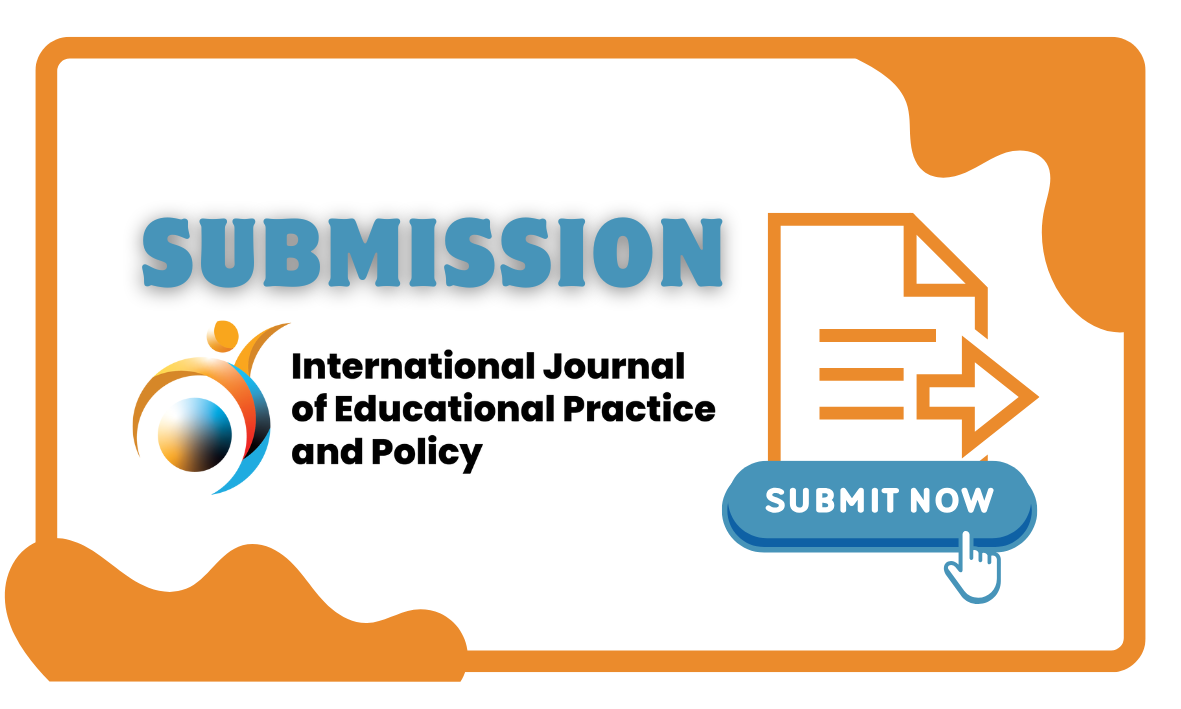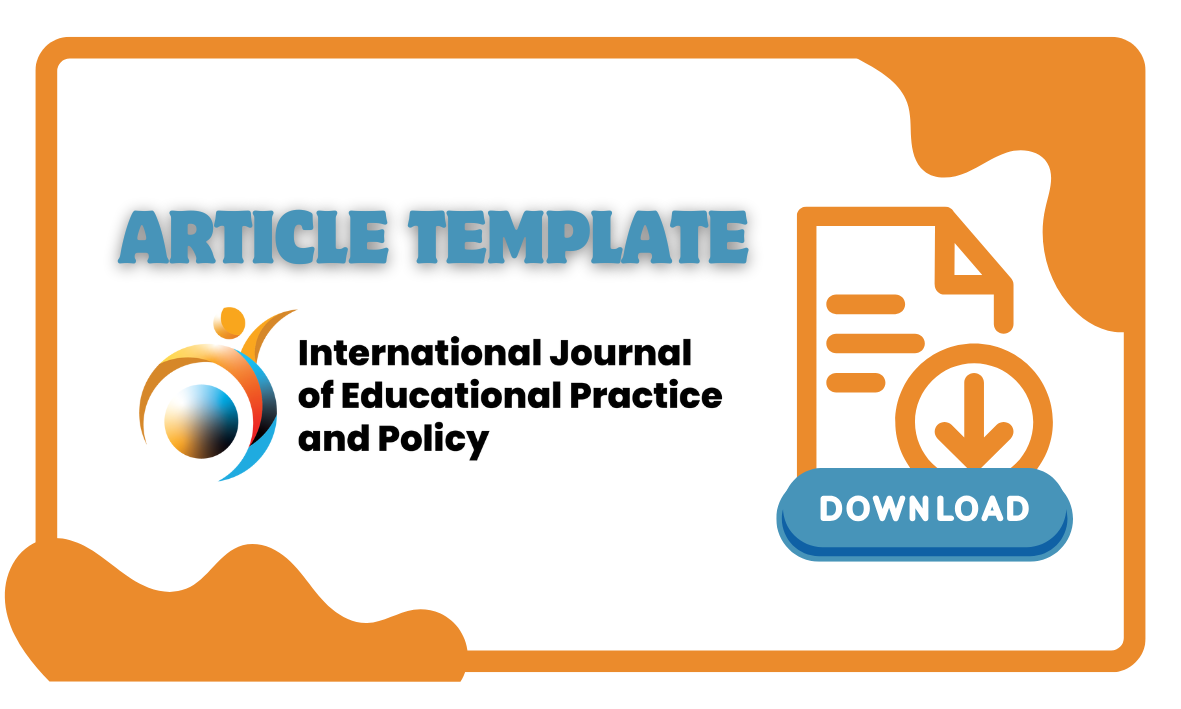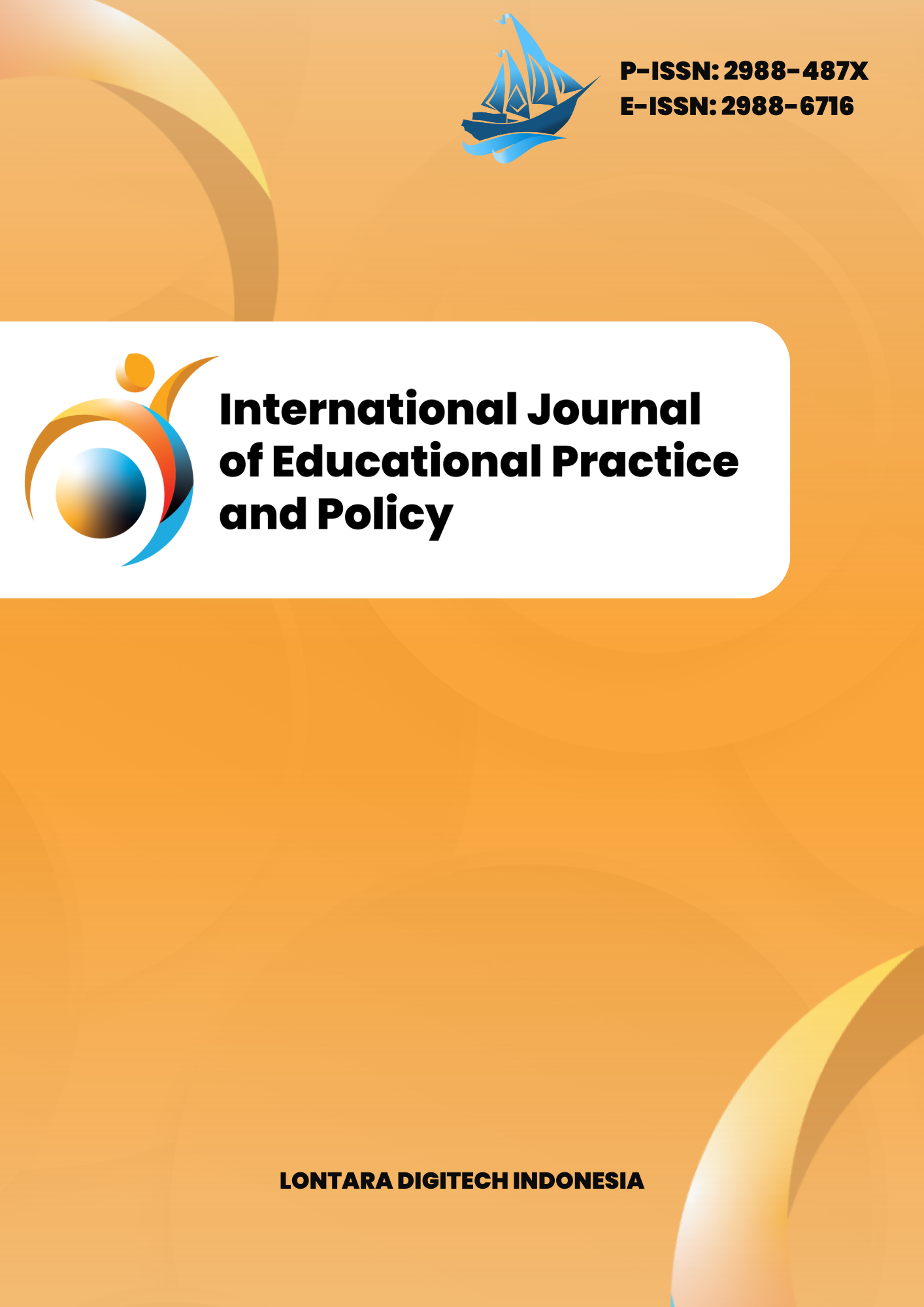The Waste Management of Non-Organic Waste by Residents of Laut Dendang Region
DOI:
https://doi.org/10.61220/ijepp.v1i1.0235Keywords:
Utilization, Non-organic waste, waste management, environmentAbstract
This study is aiming to observe the condition and utilization of non-organic waste by the residents of Laut Dendang Region. This study is implementing qualitative method. The data collection techniques used observation and interviews technique. The environment is very closely related to humans. Non-organic waste is typical waste that cannot be decomposed by bacteria and takes a very long time to decompose. The increasing volume of waste requires prospered handle in which management of Non-organic waste that does not use the method will have a very dangerous impact to the environment and human health. The most dangerous waste is Non-organic waste which produced by households and industry. The use of Non-organic waste requires ways that must be carried out by the residents of Laut Dendang Region to maintain the environment and public health.
References
Albani, M., Arif, S., & Muhlisin, S. (2021). Pemanfaatan Limbah Anorganik di TPA Galuga Dalam Meningkatkan Perekonomian Masyarakat. El-MaJurnal Kajian Ekonomi & Bisnis Islam, 5(2), 314–333. https://doi.org/10.47467/elmal.v5i2.808
Dewi, N. P. M. Y. K., & Pradhana, I. P. D. (2022). Pengelolaan Sampah Anorganik Menjadi Nilai Rupiah Pada Generasi Muda Di Desa Jungutba. Jurnal ABDINUS : Jurnal Pengabdian Nusantara, 6(1), 251–257. https://doi.org/10.29407/ja.v6i1.15757
Fatmi, N., & Muhammad, I. (2021). Pemanfaatan Sampah Anorganik Sebagai Media Pembelajaran Di MTSN Safinatussalamah Al-Munawarah. Al-Madaris Jurnal Pendidikan Dan Studi Keislaman, 2(2), 51–60. https://doi.org/10.47887/amd.v2i2.32
Gusmarti, D., Oktavia, D., & Walid, A. (2020). TIN : Terapan Informatika Nusantara Pemanfaatan Limbah Sampah Rumah Tangga Untuk Mengurangi Pencemaran Lingkungan di Permukiman TIN : Terapan Informatika Nusantara. TIN: Terapan Informatika Nusantara, 1(4), 154–156. http://ejurnal.seminar-id.com/index.php/tin/article/view/448/288
Hardiatmi,S.(2011).Pendukung Keberhasilan Pengelolaan Sampah Kota. Jurnal Inovasi Pertanian. 10(1). 50-66.
Listyaningrum, N., AR, H., Aminuddin, A., Philona, R., & Gerhan, A. (2019). Refleksi Pengelolaan Sampah Terhadap Kesehatan Di Kabupaten Lombok Barat Ntb. Media Keadilan: Jurnal Ilmu Hukum, 9(2), 159. https://doi.org/10.31764/jmk.v9i2.892
Mann, I.,R. (1994). Perjuangan Untuk Lingkungan. Canada. Gateway
Marliani, N. (2014). Pemanfaatan Limbah Rumah Tangga Sbg Implementasi Plh. Jurnal Formatif, 4(2), 124–132. https://media.neliti.com/media/publications/234976-pemanfaatan-limbah-rumah-tangga-sampah-a-533e820b.pdf
Marpaung, N, D. Iriyanti,N, Y. Prayoga,D. (2022). Analisis Faktor Penyebab Perilaku Buang Sampah Sembarangan Pada Masyarakat Desa Kluncing, Banyuwangi. JURNAL KESEHATAN MASYARAKAT, 13(1), 47-57.
Raharjo, A. Pramana,B, N., Saryana, M,. I. (2022).Dampak Negative Sampah anorganik Karya Cipta Fotografi Ekspresi. RETINA JURNAL FOTOGRAFI, 2(2), 222-236.
Downloads
Published
Citation
Issue
Section
License
Copyright (c) 2023 International Journal of Educational Practice and Policy

This work is licensed under a Creative Commons Attribution-ShareAlike 4.0 International License.























 Email : ijepp@lontaradigitech.com
Email : ijepp@lontaradigitech.com